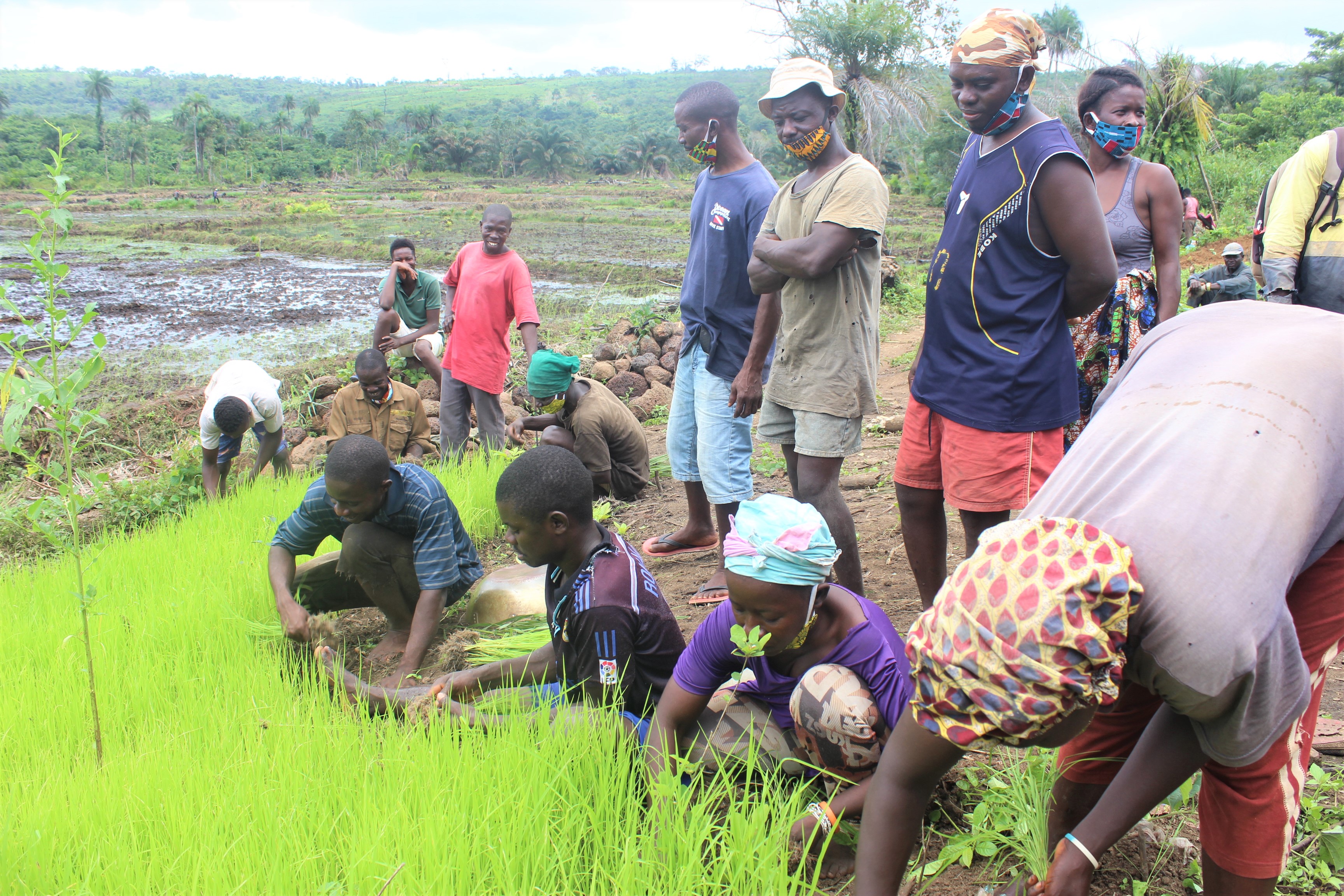Introduction:
The livelihood sector in Africa plays a pivotal role in shaping the continent's economic landscape and sustaining the lives of millions of people. This diverse sector encompasses various activities, from agriculture and fishing to small-scale enterprises and informal trade. In this article, we will explore the challenges faced by the livelihood sector in Africa and the opportunities that lie ahead.
Challenges:
1. Agricultural Productivity and Climate Change:
Africa heavily relies on agriculture for livelihood, yet productivity is hindered by climate change-related challenges such as unpredictable rainfall patterns and prolonged droughts. Farmers struggle to adapt to these conditions, affecting food security and income.
2. Limited Access to Finance:
Small-scale entrepreneurs often face difficulties accessing financial resources, hindering their ability to expand or invest in their businesses. The lack of affordable credit options and financial literacy exacerbates this challenge.
3. Informal Economy Predominance:
A significant portion of Africa's workforce operates in the informal economy, lacking job security and social protection. This informal nature poses challenges to income stability and hinders the overall development of the livelihood sector.
Opportunities:
1. Technology and Innovation:
The integration of technology presents an opportunity to enhance productivity and efficiency across various livelihood activities. Mobile banking, precision agriculture, and e-commerce platforms can revolutionize the way businesses operate and connect with markets.
2. Youth Entrepreneurship:
The youth demographic in Africa can be a driving force for change in the livelihood sector. Empowering young entrepreneurs through education, mentorship, and access to funding can stimulate innovation and create sustainable livelihoods.
3. Value Chain Development:
Strengthening value chains can improve market access for smallholder farmers and local businesses. Developing infrastructure and logistics, along with promoting fair trade practices, can enhance the competitiveness of African products in the global market.
4. Climate-Smart Agriculture:
Implementing climate-smart agricultural practices can help mitigate the impact of climate change on the livelihood sector. This includes promoting sustainable farming techniques, water management, and the use of resilient crop varieties.
Conclusion:
The livelihood sector in Africa faces a complex set of challenges, but there are promising opportunities for growth and development. By addressing issues like climate change, access to finance, and informality, and by embracing innovation and youth entrepreneurship, African nations can build a more resilient and sustainable livelihood sector that improves the lives of millions and contributes to the overall economic development of the continent.





